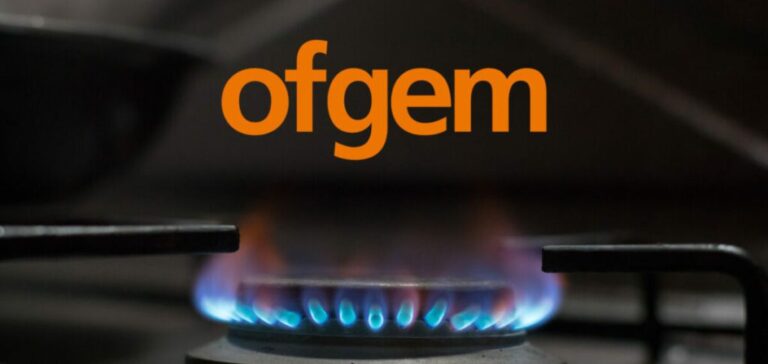British energy regulator Ofgem announced on Friday that it was lowering the cap on the price paid by the majority of Britons, which will mean a further fall in bills for many households from October.
Lower energy prices: Annual cap falls below £2,000, but challenges remain for some households
After a fall in wholesale energy prices, which had soared in the wake of the post-Covid recovery and the war in Ukraine, the cap drops to £1,923 (€2,240) a year for an average household consuming electricity and gas, Ofgem said.
“This change will bring the average energy bill below £2,000 a year for the first time since April 2022,” Ofgem said in a statement, adding that this represented an average annual saving of £151 per household.
“It’s encouraging to see household energy bills continue to fall from October,” enthused Energy Minister Grant Shapps, seeing it as “another important step in delivering our promise to halve inflation”.
But while prices are falling overall, several massive government subsidies for households faced with prices that peaked last winter have since come to an end. A third of households, mainly those using less energy, could actually pay more this winter, warned the Resolution Foundation think tank on Thursday.
Call for energy price stability: Greenpeace criticizes government decisions as market rebalances
British households “are fed up with the yo-yo of stubbornly high gas prices”, denounced the NGO Greenpeace in a statement, criticizing London’s recent decision to grant new oil and gas exploration and production licenses in the North Sea. “Renewable energies are still the cheapest and cleanest form of energy available”, says the NGO.
However, “the market is stabilizing and suppliers are returning to a healthier financial situation after four years of losses”, Ofgem pointed out in its press release.
The regulator’s ceilings are reviewed every three months and are linked to actual prices on the energy markets. The previous ceiling was set at £2,074 per year. At the height of last winter, it had reached 4,279 pounds. Inflation eased sharply in the UK in July, to 6.8% year-on-year from 7.9% in June, thanks mainly to lower energy prices, but it remains the highest in the G7.






















